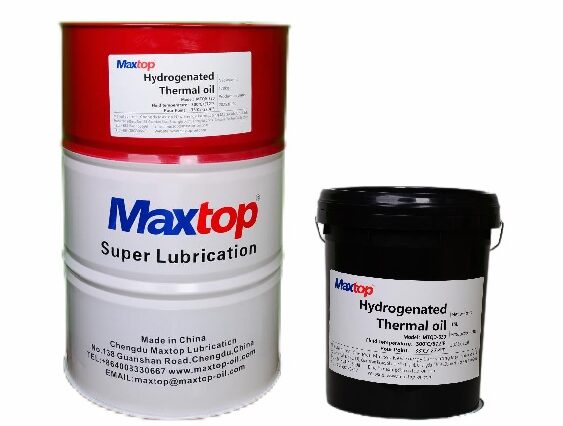Maxtop Heat Transfer Fluid Boiler: The Complete Guide to Oil Baking Process
Understanding the Oil Baking Process in Heat Transfer Fluid Boilers: A Key to Efficiency and Safety
Heat transfer fluid boilers are integral to many industrial operations, providing a steady and reliable heat source. Industries such as chemical processing, textiles, and petrochemicals depend on these systems to maintain optimal working conditions. Before a heat transfer fluid boiler is fully operational, a critical step called oil baking must be completed. This process ensures the system is prepared for high-temperature operations, preventing issues like boiling over or operational instability.
This article provides an overview of Maxtop’s oil baking process, including its purpose, essential steps, and safety precautions.
1. Why is Oil Baking Important in Heat Transfer Fluid Boilers?
The primary purpose of oil baking (or oil heating/dehydration) is to ensure the proper functioning of the heat transfer oil system. Here’s why this process is crucial:
| Purpose | Description |
|---|---|
| Operator Training | Ensures operators are fully equipped to handle and operate the boiler safely. |
| Removing Impurities & Moisture | Dehydrates the heat transfer fluid, removing water and light components to optimize fluid performance. |
2. Preparing for the Oil Baking Process
Before starting the oil baking process, it’s important to ensure the boiler system is in optimal condition. Here are the key preparations:
| Preparation Step | Description |
|---|---|
| Inspect the Boiler System | Perform a thorough check to confirm all components are in good working order. |
| Check for Leaks | Inspect for any leaks in the heat transfer fluid system, ensuring no fluid loss. |
| Collaborative Inspection | Ensure that all relevant personnel have signed off on the inspection and readiness of the system. |
3. The Oil Baking Process: Key Steps
The oil baking process is delicate and requires careful attention. Follow these steps to ensure everything proceeds smoothly:
(1) Heating Process
-
Follow the Heating Curve: Adhere strictly to the prescribed temperature curve. Abrupt temperature fluctuations can cause the heat transfer fluid to boil or overflow, risking damage to the system.
-
Monitor Pressure Levels: Keep an eye on pressure at both the inlet and outlet of the boiler to maintain stability.
Key Points:
-
Strict Heating Control: Gradually increase temperature according to the recommended curve to avoid dangerous pressure spikes.
-
Temperature Consistency: Ensure that outlet temperatures remain stable, preventing overheating or sudden fluctuations.
(2) Expansion and Oil Storage Tank Monitoring
-
Check Oil Levels: Continuously monitor the high-level oil tank and replenish as necessary to avoid system malfunction.
-
Control Flame Intensity: Ensure that the flame remains steady and not too intense, which could cause excessive temperature rises and damage to the system.
(3) Safety Considerations
Several key safety measures must be followed:
| Safety Measure | Description |
|---|---|
| Ignition Safety | Avoid standing near the sight hole during ignition to prevent injury from flashback. |
| Never Leave the Boiler Unattended | Always stay on-site during the baking process to ensure stability. |
| Use of Auxiliary Exhaust Valve | When the fluid reaches 105-130°C, exhaust gas volume increases. Open the auxiliary exhaust valve to prevent water and oil mixtures from escaping. |
(4) Logging and Curve Creation
-
Document the Process: Keep detailed records of the heating curves and pressure levels throughout the oil baking process to create an accurate representation of the system’s performance.
4. Why Choose Maxtop Heat Transfer Fluid Boilers?
Maxtop Heat Transfer Fluid Boilers are built to deliver maximum efficiency and safety, with a focus on long-term performance and reliability. Along with top-quality boilers, we offer expert support throughout the entire oil baking process.
-
Expert Training & Support: We provide on-site training to ensure operators are fully prepared to safely manage the oil baking and operation of the boiler.
-
Fast & Efficient Service: Maxtop ensures that the oil is properly dehydrated in the shortest possible time, minimizing downtime and avoiding the risk of accidents.
-
Ongoing Technical Assistance: After installation, our team is always available to provide ongoing support, helping you maintain optimal boiler performance.
5. Conclusion: The Importance of Proper Oil Baking
The oil baking process is a crucial step in ensuring that your heat transfer fluid boiler runs efficiently and safely. By following the proper heating curves, managing pressure levels, and ensuring correct oil levels, you can ensure the system operates at peak performance.
Maxtop provides not only premium-quality heat transfer fluid boilers but also comprehensive support to guide you through the oil baking process and beyond. Our team of experts is dedicated to ensuring your system runs smoothly, reducing downtime, and improving overall efficiency.
Frequently Asked Questions (FAQs)
1. Why is the oil baking process necessary for heat transfer fluid boilers?
The oil baking process removes moisture and impurities from the heat transfer fluid, preparing it for high-temperature use. This helps prevent issues such as foaming, boiling over, and system damage.
2. Can I skip the oil baking process?
Skipping the oil baking process can lead to inefficiencies, system failure, and increased maintenance costs. It is essential to follow the manufacturer’s instructions to ensure the fluid is properly prepared.
3. How long does the oil baking process take?
The duration varies depending on the specific boiler model and the moisture content of the oil. On average, the process takes several hours to ensure thorough dehydration and preparation.
For any further inquiries or technical support, don’t hesitate to reach out to Maxtop. Our team is always ready to assist you in keeping your systems running safely and efficiently.
Top Rated Products
-
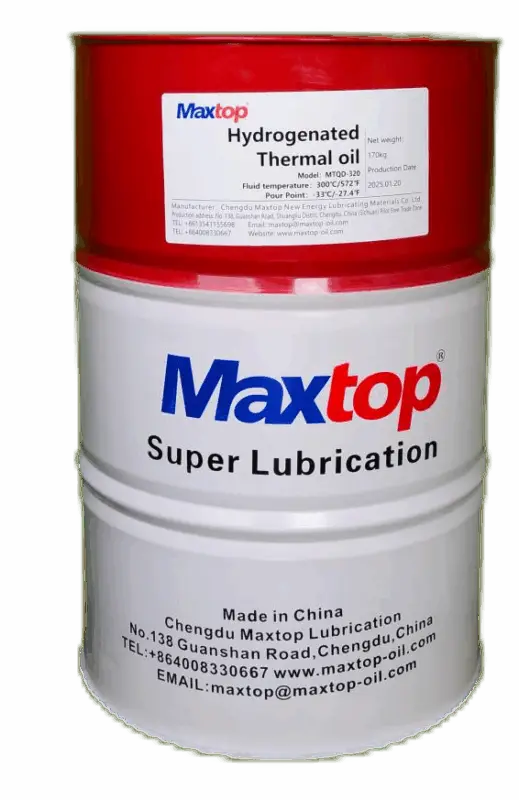 Hydrogenated synthetic heat transfer fluid
Hydrogenated synthetic heat transfer fluid
-
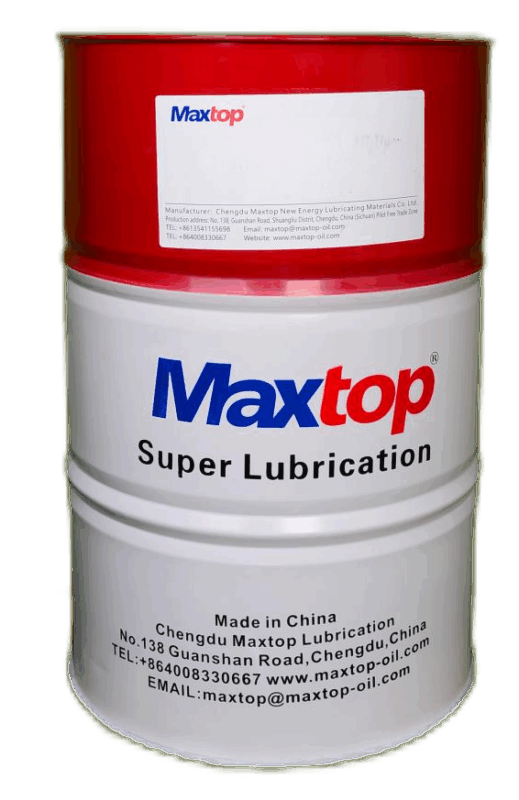 Mineral Heat Transfer fluid(MTYD320)
Mineral Heat Transfer fluid(MTYD320)
-
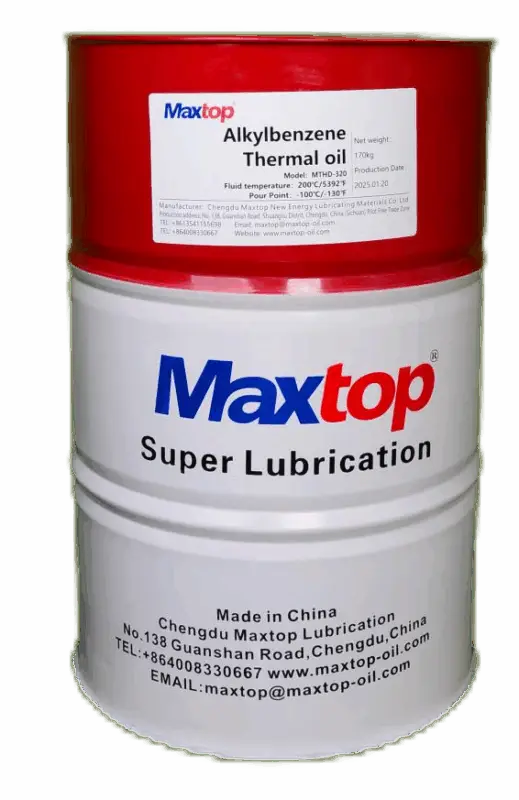 Alkylbenzene synthetic heat transfer fluid(MTHD320)
Alkylbenzene synthetic heat transfer fluid(MTHD320)
-
 Synthetic Heat Transfer fluid
Synthetic Heat Transfer fluid
-
 Special electric heating heat conduction fluid series
Special electric heating heat conduction fluid series
-
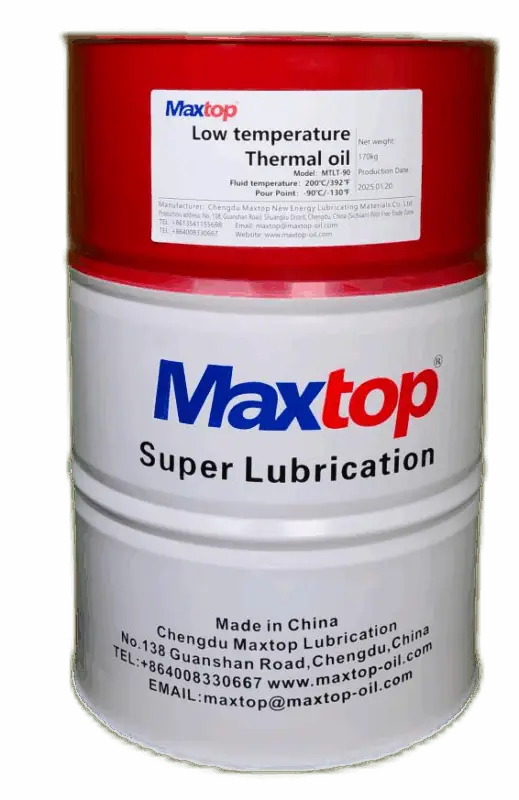 Low temperature heat transfer fluid series products
Low temperature heat transfer fluid series products
-
 Electric heating oil compound heat conduction fluid
Electric heating oil compound heat conduction fluid


